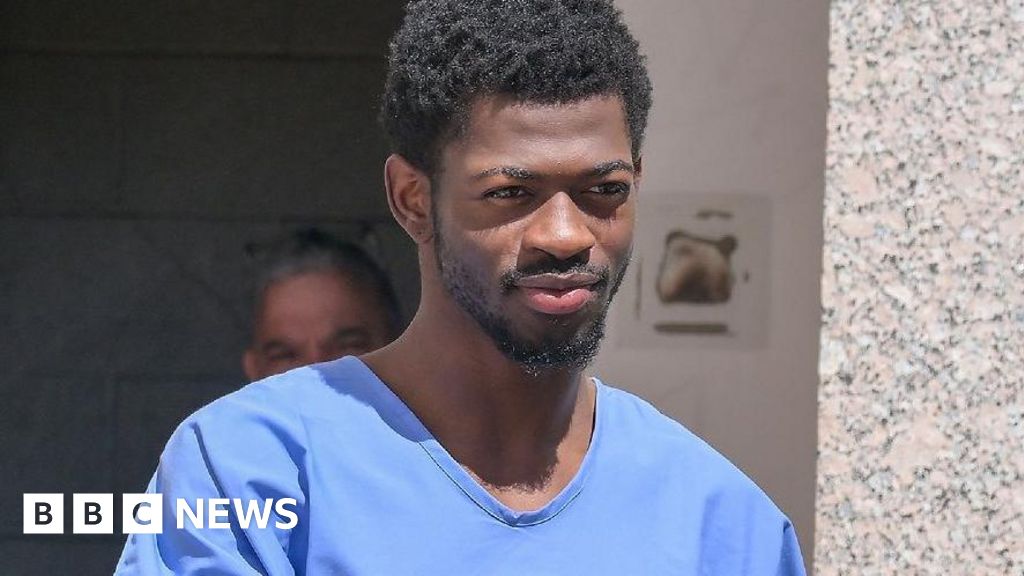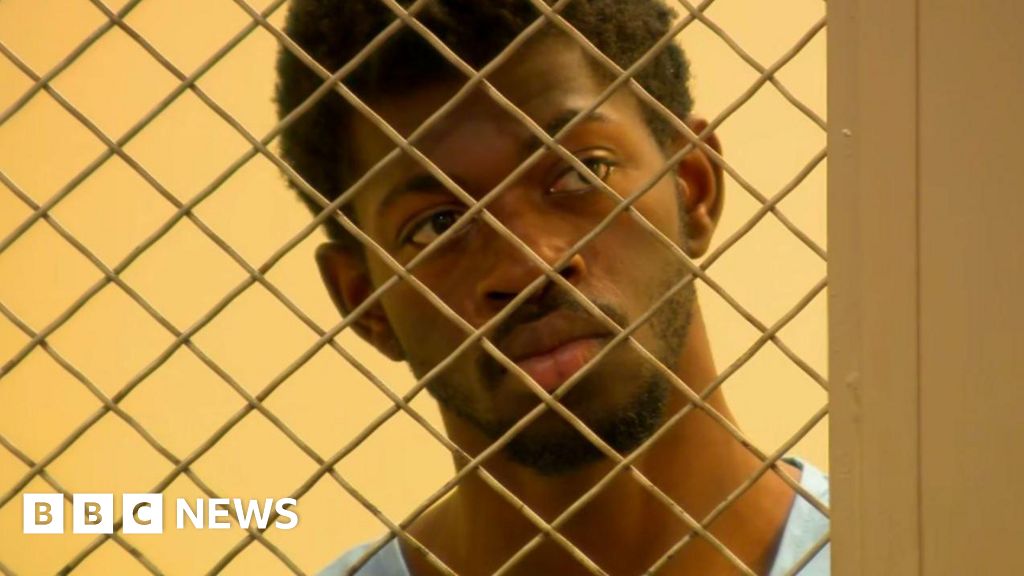The police officer involved in the tragic shooting of 19-year-old Kumanjayi Walker in November 2019 has been identified as exhibiting racist behaviors according to findings from a coroner's inquest. The report, delivered by Judge Elisabeth Armitage, also revealed a concerning culture of systemic racism within the Northern Territory's police force.
Walker, who was shot three times by Constable Zachary Rolfe during a home arrest in Yuendumu, struggled with past trauma and was considered a vulnerable teenager. On the day of the incident, police arrived at his home to arrest him for breaching a court order. Previously, he had threatened police officers with an axe during an attempted arrest. During the confrontation, Walker reportedly stabbed Rolfe with a pair of scissors, prompting Rolfe to shoot him, first without warning and then twice more.
The coroner's findings emphasized that Rolfe's actions were not isolated but rather indicative of broader issues within the police organization, stating that Rolfe was part of an institution with “hallmarks of institutional racism.” The report listed a series of “flawed decisions” made by Rolfe that led to a dangerous situation resulting in the death of Walker, alongside insights into Rolfe's "attraction to adrenaline-style policing."
Judge Armitage provided a total of 32 recommendations for the Northern Territory police force, calling for a re-evaluation of their anti-racism strategies and improvements in how police engage with the Yuendumu community. The inquest report concluded with Judge Armitage expressing condolences to Walker's grieving family, emphasizing the profound loss they have experienced.
In response to the inquest, Northern Territory Police acknowledged the painful journey throughout the investigation and expressed commitment to implementing the lessons learned. The findings, while impactful, are not legally binding under NT law, which mandates inquiries into all deaths in custody.
Walker, who was shot three times by Constable Zachary Rolfe during a home arrest in Yuendumu, struggled with past trauma and was considered a vulnerable teenager. On the day of the incident, police arrived at his home to arrest him for breaching a court order. Previously, he had threatened police officers with an axe during an attempted arrest. During the confrontation, Walker reportedly stabbed Rolfe with a pair of scissors, prompting Rolfe to shoot him, first without warning and then twice more.
The coroner's findings emphasized that Rolfe's actions were not isolated but rather indicative of broader issues within the police organization, stating that Rolfe was part of an institution with “hallmarks of institutional racism.” The report listed a series of “flawed decisions” made by Rolfe that led to a dangerous situation resulting in the death of Walker, alongside insights into Rolfe's "attraction to adrenaline-style policing."
Judge Armitage provided a total of 32 recommendations for the Northern Territory police force, calling for a re-evaluation of their anti-racism strategies and improvements in how police engage with the Yuendumu community. The inquest report concluded with Judge Armitage expressing condolences to Walker's grieving family, emphasizing the profound loss they have experienced.
In response to the inquest, Northern Territory Police acknowledged the painful journey throughout the investigation and expressed commitment to implementing the lessons learned. The findings, while impactful, are not legally binding under NT law, which mandates inquiries into all deaths in custody.




















